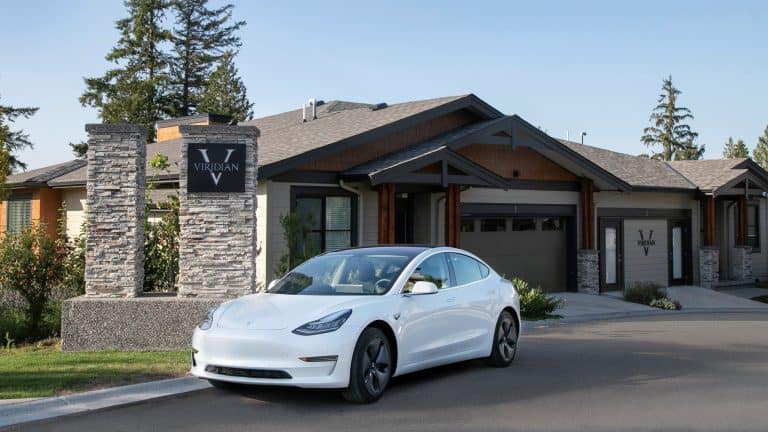
Vancouver is one major world city that’s had it made in the twenty-first century. From the best of consumerism’s pleasures to the best in Nature’s goodie bag for her adventure-hungry, more-affluent-than-ever children, it comes across as a space of amiable interactions, easy indulgences, natural leisure…
… and huge housing affordability shortfalls for locals.
Trouble in Paradise
Unfortunately, Vancouver’s reputation has made it a magnet for some bad news. Its property market was plagued by real-estate crimes in the past, to be sure, but that was a problem many considered either resolved or easily manageable. Now, however, the city faces a new threat as several locals can be witnessed setting up sleeping bags on pavements and other external spaces.
The urban center marked its apex per-unit cost for homes at $967,500 on average, with stand-alones easily reaching up to $1.831 million. The benchmark rise is an 8.8% growth over just the last year. Simultaneously, it has witnessed 30.8% drop in sales over the year.
Vancouver’s property rates have gotten out of hand, and are too uncontrollable for locals to live up to their domestic dreams.

Non-Local Investment to Blame
The government’s identification of the causes behind this affordability chasm can be deduced from a look at the Vancouver property tax section on the city website. The emphasis on their Empty Homes Tax (which penalizes under-utilized residential spaces) and home-owner grants makes it clear that they are trying to root out non-local Canadian purchasers and foreign investors who buy property away from their source countries to act as tax evasion maneuvers.
In fact, the British Columbia government tried incentivizing Vancouverite purchasers and discouraging foreign participants by introducing a 15% foreign buyer tax and granting first-time home buyer loans. Both these moves have come under attack, however.
Misguided Well-Intentioned Maneuvers
Experts believe that the measures to stave off foreign buyers was flimsy at best, as the main perpetrators behind under-utilized residential spaces that arose from the investment of non-Canadians would easily be able to add the new sum to their usual considerations. Meanwhile, like locals, foreign immigrants on work permits too would suffer the effects of this move, which led BC Premier Christy Clark to announce leniency measures for such workers within seven months of the roll-out of the tax.
At the same time, many see the lure for local buyers as bad economics. Coming as it does at a time when “sellers [are still] reluctant to put their homes on the market”, according to Jill Oudil, President of the Real Estate Board of Greater Vancouver, getting more sub-150k buyers to vie for a limited supply of houses by subsidizing loans for houses costing up to $750,000 will only cease to make cost-effective properties cost-effective. In addition, it will either put many buyers in a spiral of debt as they strive to match their lifestyles to new accommodation, and also because, those whom it targets must able to qualify for 20% mortgages (even though they belong to sub-150k households), which means many won’t, and many others will fall into the dubious trap of additional debt.
The only real solution is to incentivize sellers so as to increase supply-side flexibility.



